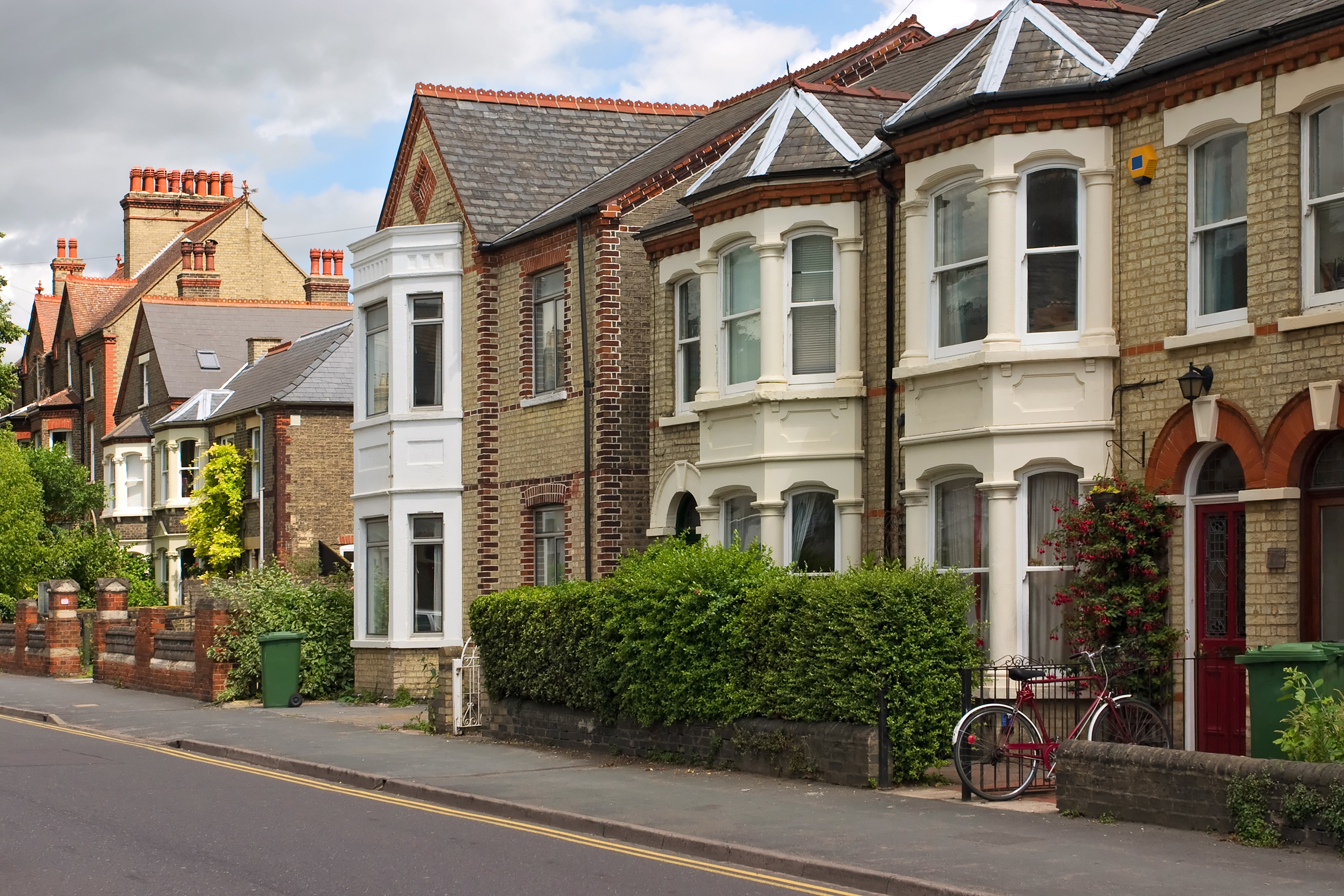First-time Buyer
Value of UK’s housing stock hits record high in 2018

The value of UK housing stock hit a record high in 2018, despite a slowdown in the housing market amid Brexit concerns, data showed.
The value of housing stock rose by £190bn, or 2.7%, to £7.29trn, with the private rented sector rising faster than other tenures, up 4.1% to £1.56bn, according to analysis released by real estate adviser Savills.
The report found that gains came from the regional markets, as London’s residential stock recorded a 1.5% fall, the first since 2009, losing £26.2bn.
Over a quarter of the total £190bn value increase came from new housing development, the highest proportion contributed by new housing development since 2011, reflecting the government focus on building more new homes.
Across the UK as a whole, price appreciation added a total £138bn, 72% of total gains, equivalent to growth of £4,800 per home.
The private rented sector exceeded £1.5trn for the first time and grew the fastest of any tenure at 4.1% to £60.9bn.
Equity now totals £1.32trn, leaving borrowing at under 14%, as the residential investment sector becomes increasingly dominated by cash investors.
Regional overview
Still, the total value of London’s homes stands at £1.77tn, some 24.3% of the UK total.
Wales was the region showing the biggest gains in percentage terms, with housing value up 6.3%, adding £13.4bn to total £226.1bn.
The East Midlands and West Midlands followed close behind, at 6.2% and 6.1% respectively.
Meanwhile the value of stock in the South East grew the fastest in absolute terms, with £29.9bn added on the back of growth of just 2.2%.
Wealth concentrated in older hands
Lawrence Bowles, residential research analyst at Savills, said that this analysis underlines the importance of housing to the economies of London and the UK as a whole, both as an asset class and store of private wealth.
He added: “We see that wealth concentrated in ever fewer, older hands, to the extent that the UK’s over 50s hold a quarter of all UK homeowner equity, while the over 65s in London and the South of England alone account for over three-quarters of the total.
“At the same time, as affordability becomes more stretched, younger households are having to put off buying their first home until later in life.
“It’s great that we’re seeing more housing delivery, but development will have to make up a much higher proportion of new housing value if we are to come anywhere need building the homes this country needs.”